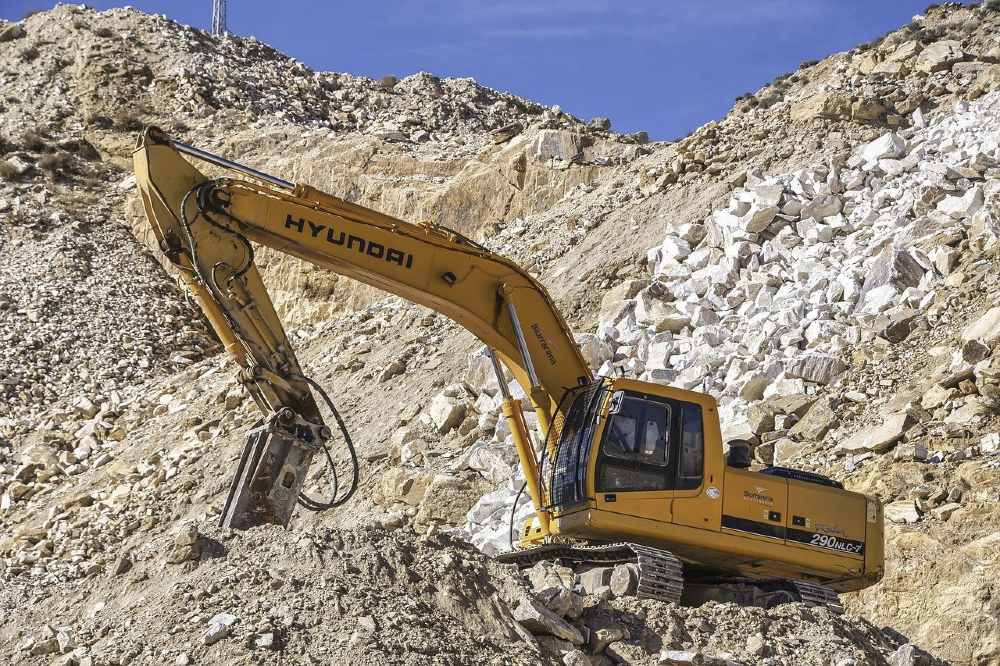Is your old car on its way out, or are you treating yourself to an upgrade? Whatever the reason, it’s vital to make an informed decision. The right car will be within budget and serve your purposes for many years to come. The wrong vehicle could become a regret and a liability, and difficult to resell. In this article, we discuss the crucial considerations for finding the ideal car.
Budget
What’s your regular income and outgoings, and how much money do you have in a savings account? These questions can help you identify the available funds for your new purchase. They can also help you narrow down your purchase options. Besides the initial sale price, you need to factor in ongoing expenses.
You’ll need to pay for car insurance, fuel, maintenance, repairs, and servicing. If you pursue the financing option, you’ll need to factor in regular repayments. Set money aside for unexpected repair bills, and find out how much the car’s value will depreciate over time. The latter will affect whether your car is a good long-term investment or not.
Reliability Ratings
Glossy marketing materials and upbeat sales talk aren’t enough. Specialist websites provide comprehensive reviews and owner feedback. They can tell you how well a particular model performs over time, and under various conditions.
For instance, there may be common mechanical issues or the need for frequent maintenance and repairs. If you ask, ‘is the GMC terrain reliable?’ you can learn about engine and transmission performance, and common issues and concerns. You can also read about fuel efficiency, interior comfort, safety features, infotainment systems, and warranties.
Vehicle Type
Whether you choose a sedan, SUV, or truck depends on your lifestyle and needs. For fuel efficiency and easy parking in busy cities, sedans stand out. They’re comfortable, making them ideal for business commutes. SUVs are more visible on the road and provide an elevated riding position.
You can transport more people and enjoy extra cargo space. This is ideal if you have a family, or hobby that involves transporting larger items. SUVs are also perfect for extended road trips. If you need to navigate rugged terrain, consider buying a truck. This will also be suitable if you need to regularly haul equipment.
Fuel Efficiency
Gas prices always seem to be going up and down, making it hard to budget. However, a fuel-efficient car will become a long-term benefit. Your money will stretch further, so you can spend it on other things.
These days, car drivers are becoming increasingly conscious of the environment. Fuel-efficient cars reduce carbon footprints and the levels of climate change. This aspect can also be a benefit if you go to resell at a later date.
Safety Features
This is important for you, your passengers, and other road users. Some cars feature adaptive cruise control. This means that your speed will be changed according to the flow of traffic. Also, automated braking features step in quickly before potential collisions occur.
Visibility should be a priority, and this can be enhanced if your car has blind-spot monitoring and lane-keeping assistance. You can also harness technology that supplies real-time data regarding your vehicle’s stability, and the position of nearby vehicles.
Technology
Modern innovations let your smartphone effortlessly connect with electronic devices. You can do this through platforms like Apple CarPlay or Android Auto. Voice recognition technology enables you to issue verbal instructions rather than fumbling with devices while driving.
GPS systems can accurately direct you to your destinations. By connecting to Wi-Fi hotspots you can access real-time traffic updates, and avoid accidents or queues by rerouting. If parking is a challenge, consider cars with 360-degree cameras or parking assist technologies.
Test Driving
You can only learn so much online about potential cars. There’s no substitute for taking a test drive before you buy. You can discover the feel of the car and how it handles the road. Is it too large and bulky or difficult at corners, and how is the braking and acceleration?
Use this opportunity to make sure everything works okay on the dashboard. Listen for strange noises while you drive, and check the interior and exterior once you’ve stopped.
Each of these points can steer you closer to the best possible car. Make sure it’ll serve both your current and future needs, and be affordable to maintain. If it’s fuel-efficient and good on safety features, it might be the right choice for you. In turn, you’ll have many happy years of motoring for work and leisure.




